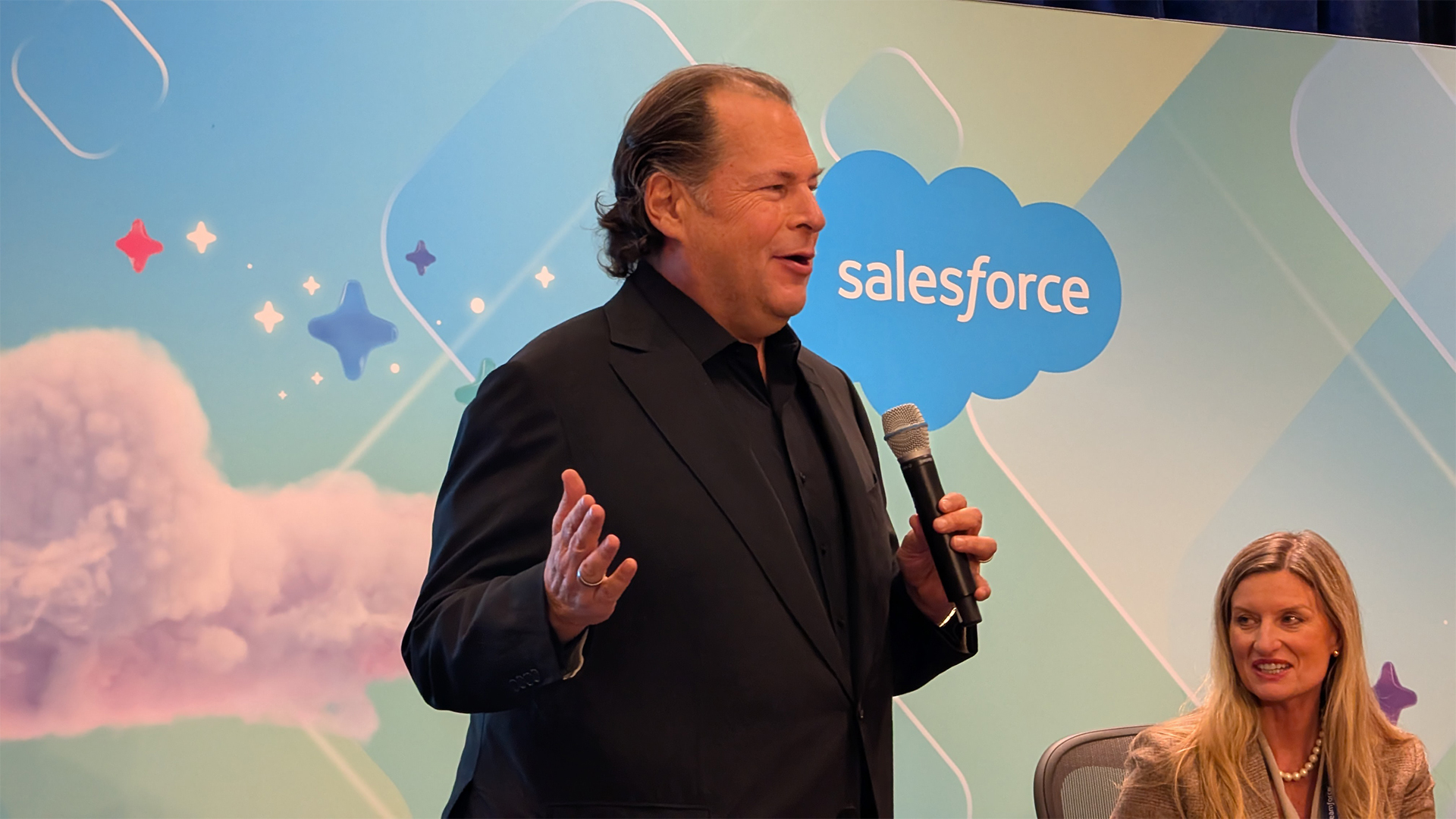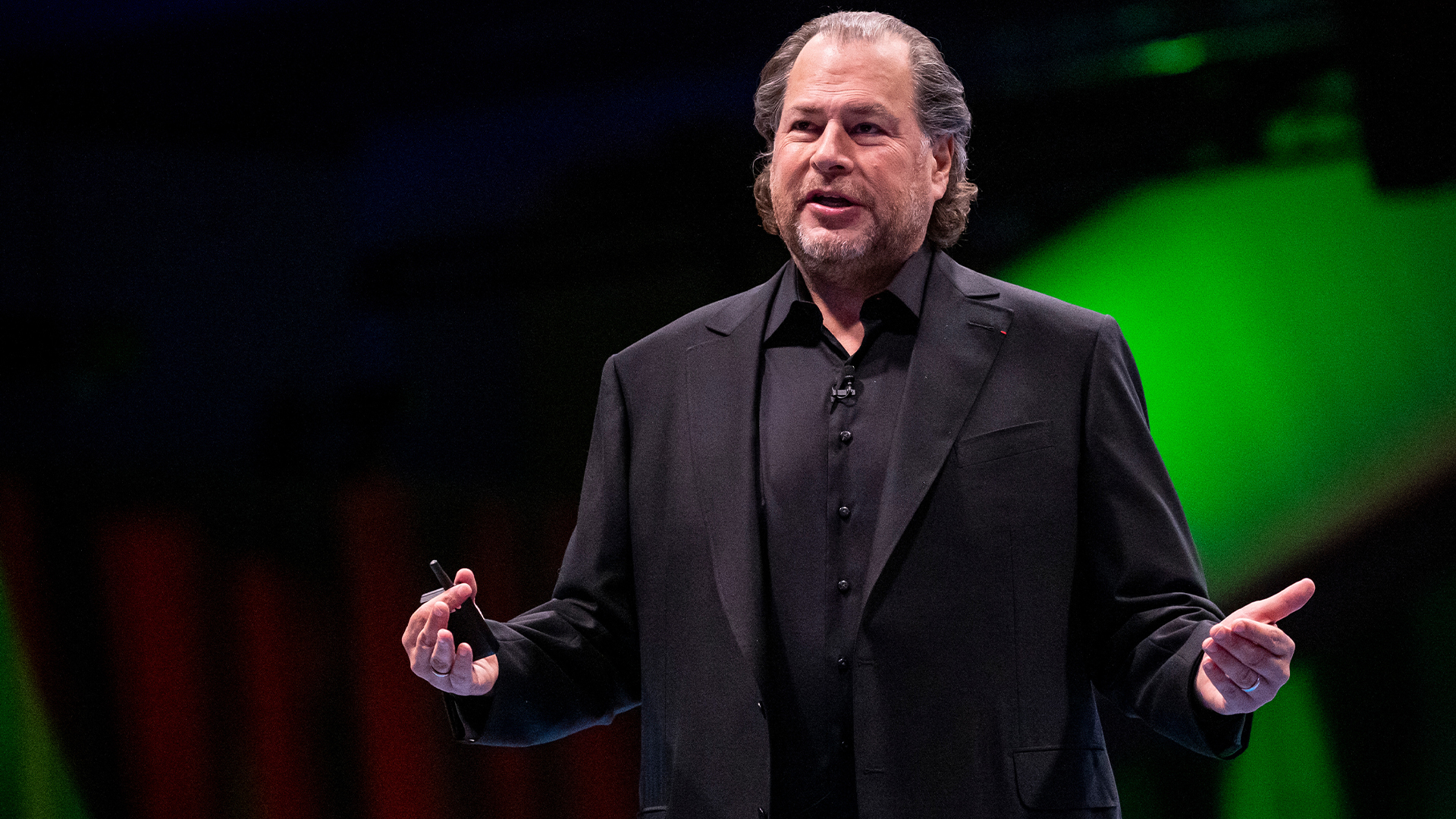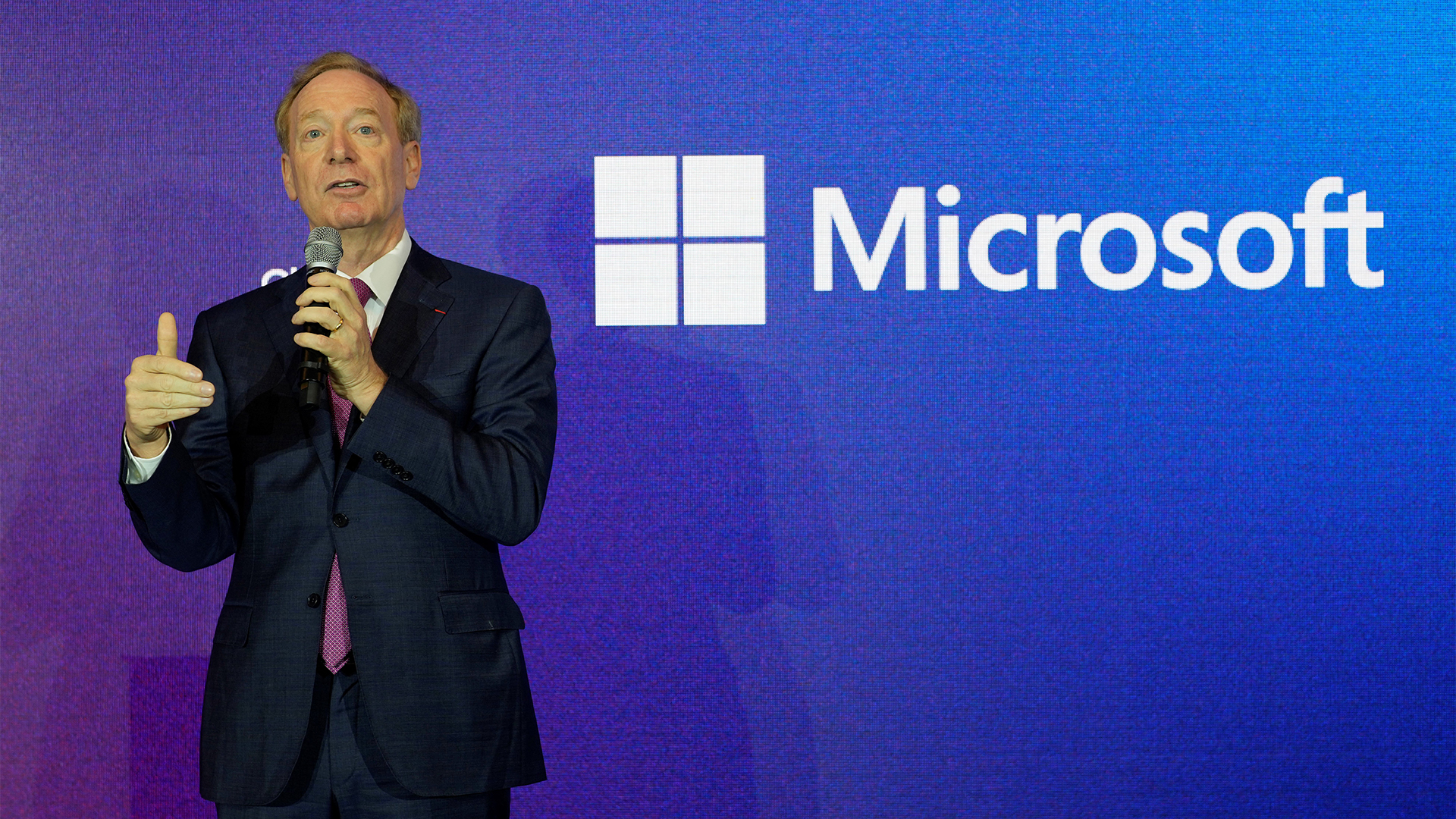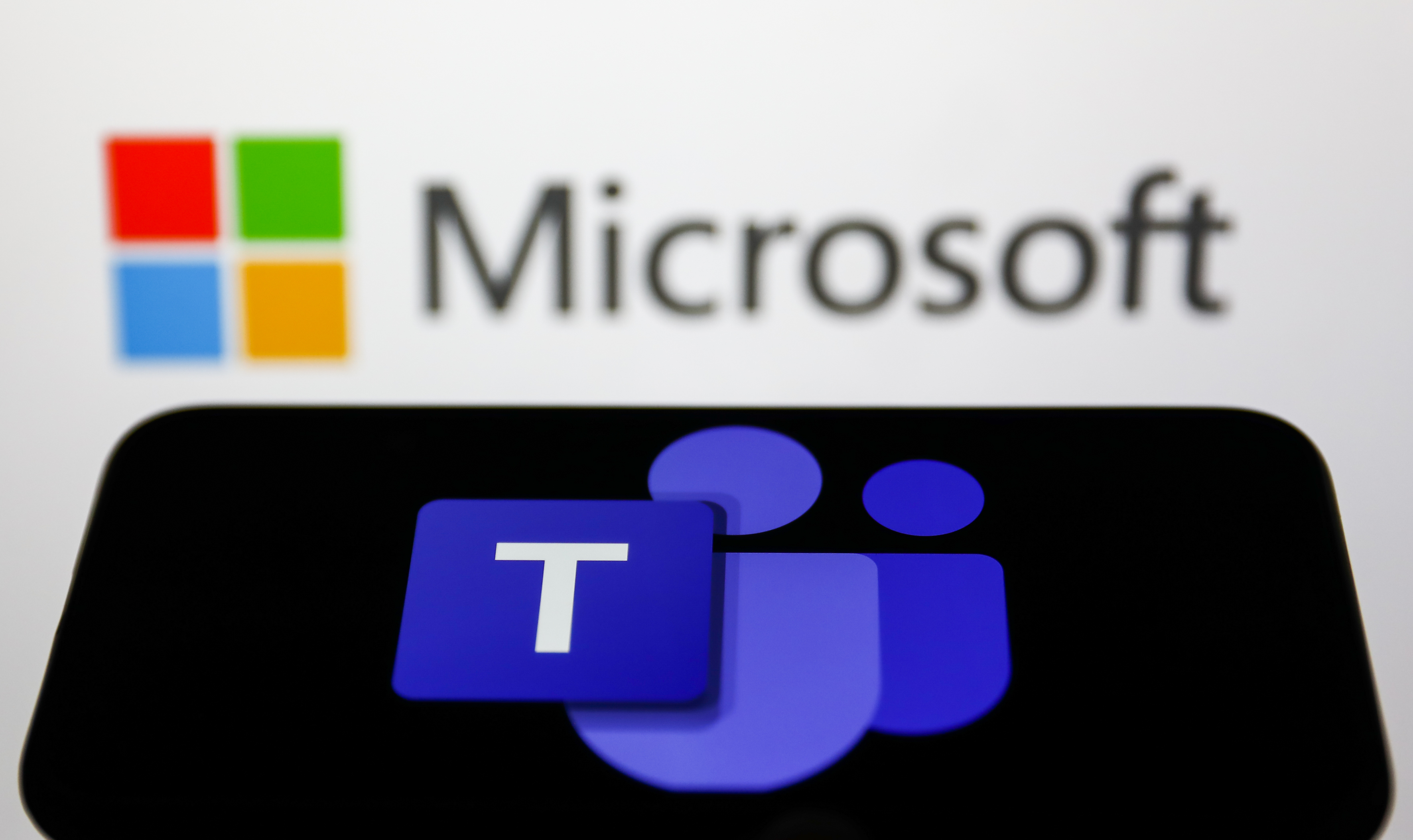‘Always on’ culture is harming productivity, so workers are demanding ‘digital silence’ to get on with tasks
Allocated periods of “digital silence” could help combat ping fatigue and let workers get on with their jobs


Sign up today and you will receive a free copy of our Future Focus 2025 report - the leading guidance on AI, cybersecurity and other IT challenges as per 700+ senior executives
You are now subscribed
Your newsletter sign-up was successful
Workers are becoming increasingly overwhelmed by the “always on” culture at their jobs, and are calling for formal periods of “digital silence”.
That’s according to research from Twilio, which found staff are pushing employers to allocate periods free from notifications and emails.
The study, based on a survey of more than 1,200 UK-based workers, found nearly half (47%) are prioritizing protected times in their daily workflow that are free from distractions, email chains, and calls.
A key factor behind this pushback comes from the myriad of messaging platforms and communications solutions workers use in their daily lives, according to Twilio.
Sam Richardson, director of executive engagement for EMEA and APJ at Twilio, said while these tools have transformed how workers connect and collaborate, they can hamper productivity by bogging workers down.
“As digital tools become increasingly embedded in our everyday routines, digital downtime may be the answer to combatting the “always on” environment that’s impeding productivity, creating pressure, and damaging workplace culture,” she said.
Overworked and overwhelmed
According to Twilio, 40% of respondents noted that email and chat notifications disrupt their ability to get work done, with employees frequently dragged onto new tasks.
Sign up today and you will receive a free copy of our Future Focus 2025 report - the leading guidance on AI, cybersecurity and other IT challenges as per 700+ senior executives
This was highest among workers aged 51-55, according to Twilio, with 50% of senior employees reporting disruptions in their workflows.
Along with disruptions, workers also feel they have to appear visible in their daily work routines, an issue exacerbated by the use of workplace collaboration platforms.
More than one-third (38%) said they feel “pressure to be constantly online” and immediately respond to messages and emails during work hours. This trend was most prevalent among workers aged 26-30 years old, according to Twilio, cited by 47% of those in that age group.
Richardson said this highlights the need for more balance and a measured approach to digital workplace tools. Ultimately, these are intended to support and drive productivity, not hamper it.
“The goal of technology should unlock productivity, not create distractions. If businesses want to attract and retain the best talent to build for the future, they need to take heed of what workers are telling them,” she said.
“That means designing digital experiences that support people, helping them stay focused, feel empowered, and thrive, both at work and beyond.”
This isn’t the first study into the impact of digital platforms on worker productivity in recent years.
Indeed, Unily’s Digital Noise Impact report in June 2024 showed workers across a range of industries were facing “ping fatigue” due to the volume of notifications they receive on a daily basis.
Respondents to the survey revealed they are disturbed at least once every half hour on a daily basis, while roughly one-third are disturbed every 15 minutes by messages on collaboration platforms.
Social batteries are running on fumes
The idea of “digital downtime” or “digital silence” to combat these issues is growing among workers across all age groups.
Workers aged 36-40 were the most eager to see these practices put in place, Twilio found, while 18-25 year olds were among the least enthusiastic.
Notably, nearly half (44%) said they’d be more likely to work for a company that regularly offers these perks.
Perhaps unsurprisingly, Twilio’s research also showed that the preferred days for scheduled digital downtime were Fridays, cited by 44%. This is largely due to the fact workers are clearing their feet of tasks before the weekend.
Mondays were also highlighted by 29% of respondents as a day where digital silence would be ideal, enabling them to focus on crucial tasks at the beginning of their working week.
Make sure to follow ITPro on Google News to keep tabs on all our latest news, analysis, and reviews.
MORE FROM ITPRO
- UK cyber workers are overworked, overwhelmed, and burning out faster than global counterparts
- Lost focus: The cost of distractions on productivity in the modern workplace
- Workplace 'tech overload' is becoming a major productivity drain for enterprises

Ross Kelly is ITPro's News & Analysis Editor, responsible for leading the brand's news output and in-depth reporting on the latest stories from across the business technology landscape. Ross was previously a Staff Writer, during which time he developed a keen interest in cyber security, business leadership, and emerging technologies.
He graduated from Edinburgh Napier University in 2016 with a BA (Hons) in Journalism, and joined ITPro in 2022 after four years working in technology conference research.
For news pitches, you can contact Ross at ross.kelly@futurenet.com, or on Twitter and LinkedIn.
-
 Cyber experts issue warning over new phishing kit that proxies real login pages
Cyber experts issue warning over new phishing kit that proxies real login pagesNews The Starkiller package offers monthly framework updates and documentation, meaning no technical ability is needed
-
 Microsoft hails advances in glass data storage
Microsoft hails advances in glass data storageNews Project Silica uses lasers to encode data into borosilicate glass, where it stays stable for thousands of years
-
 IDC: The business value of IBM Maximo
IDC: The business value of IBM MaximoWhitepaper Integral to the transformation of asset management
-
 Employee ‘task crafting' could be the key to getting the most out of AI
Employee ‘task crafting' could be the key to getting the most out of AINews Tweaking roles to make the most of AI makes you more engaged at work
-
 Salesforce could become the king of enterprise AI – but only if customers believe in its potential
Salesforce could become the king of enterprise AI – but only if customers believe in its potentialAnalysis At Dreamforce 2025, Salesforce painted a believable picture for enterprise AI, but shareholders will only be reassured by greater business buy-in
-
 ‘You can see the horrible things that Microsoft did to Slack before we bought it’: Marc Benioff warns Microsoft could repeat 'pretty nasty’ Slack playbook with OpenAI amid frayed relationship
‘You can see the horrible things that Microsoft did to Slack before we bought it’: Marc Benioff warns Microsoft could repeat 'pretty nasty’ Slack playbook with OpenAI amid frayed relationshipNews Salesforce CEO Marc Benioff has claimed Microsoft did "horrible things" to Slack prior to its acquisition - and warned the company could be set to repeat its playbook with OpenAI.
-
 The race is on for higher ed to adapt: Equity in hyflex learning
The race is on for higher ed to adapt: Equity in hyflex learningWHITEPAPER Fulfil student and faculty needs
-
 Practical ergonomics guide for education
Practical ergonomics guide for educationWHITEPAPER Save energy, focus, and promote overall well-being
-
 Microsoft’s Brad Smith says tech giant is eager to resolve Teams antitrust probe
Microsoft’s Brad Smith says tech giant is eager to resolve Teams antitrust probeNews Microsoft could be prepared to make more Teams concessions despite its unbundling efforts so far
-
 Slack won the battle over Microsoft Teams unbundling – but it will lose the war
Slack won the battle over Microsoft Teams unbundling – but it will lose the warOpinion Despite a flurry of Teams unbundlings, Slack’s not making much progress in knocking Teams out of the top spot